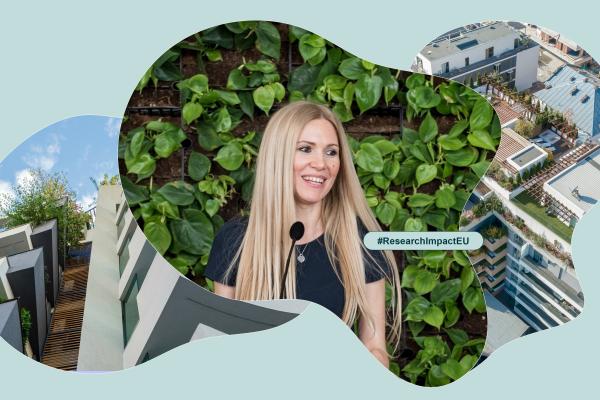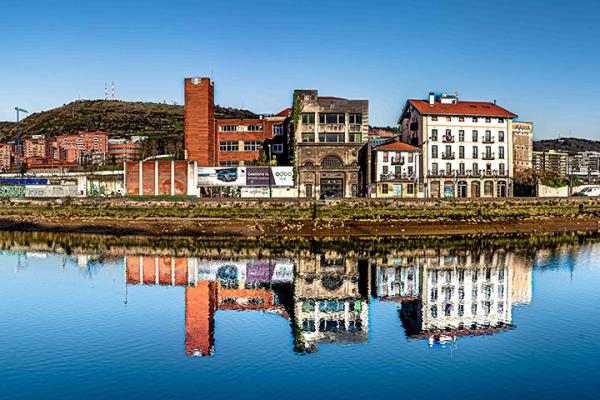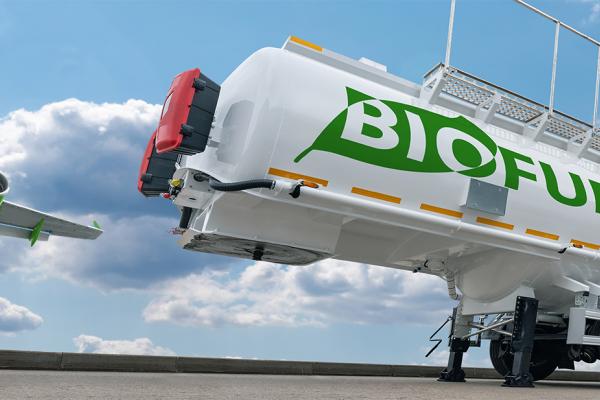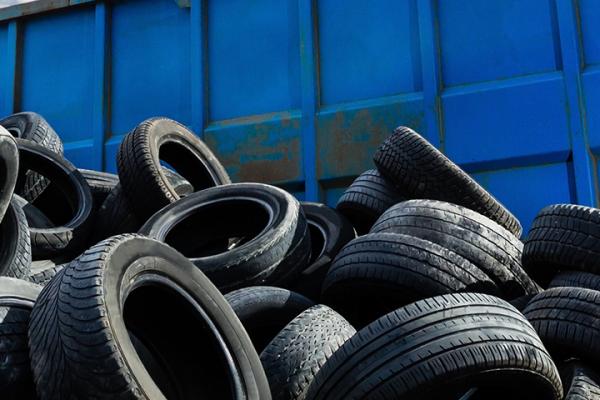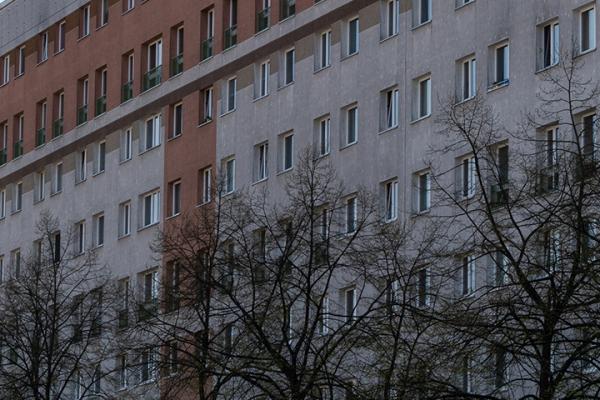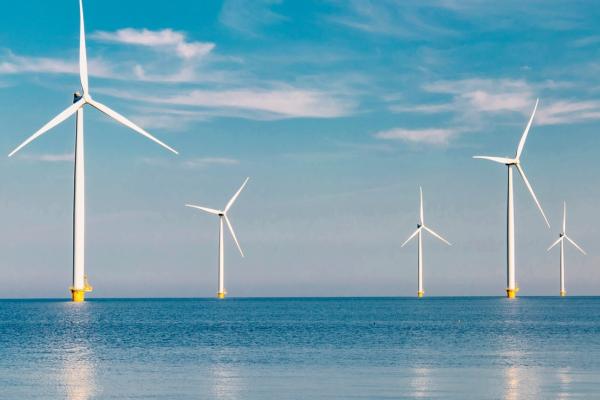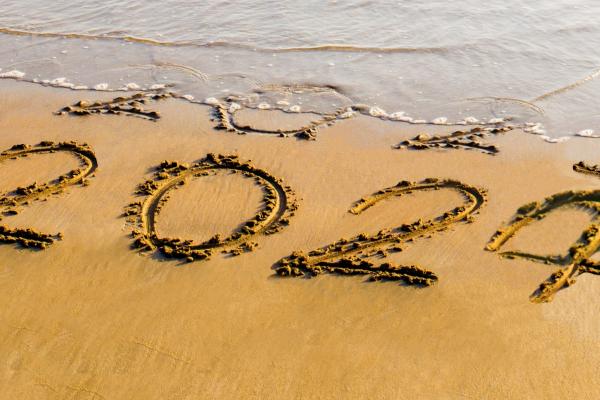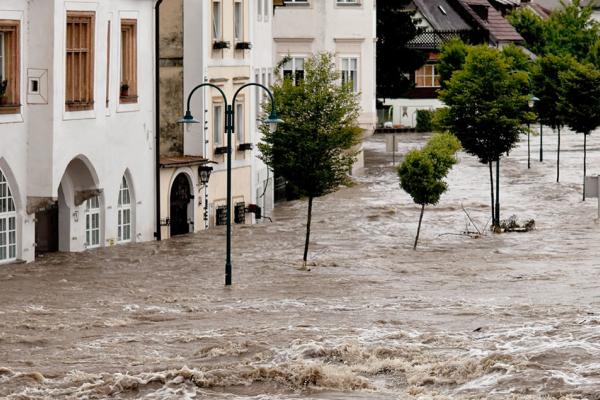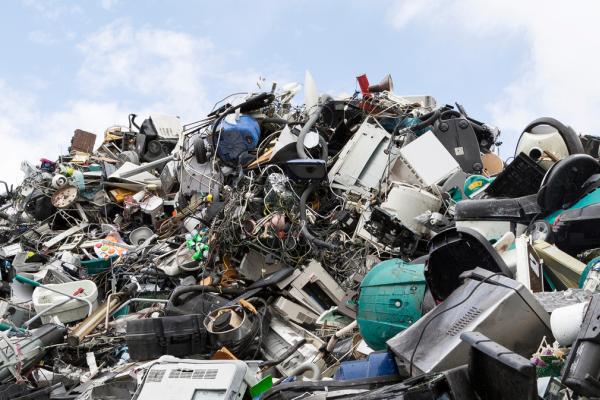Urban dwellers across the EU are having a say in making their surroundings friendlier to people and the environment.
EU researchers are seeking to expand supplies of clean aviation fuels by producing more from agricultural sources.
Thermal decomposition is helping to green two major EU manufacturing industries.
Researchers are going beyond conventional solar panels in a bid to generate heat and electricity from the other external surfaces of buildings.
A group of critical raw materials may help Europe reduce supply-chain vulnerabilities.
In addition to generating clean energy, sea locations with turbines could be used to grow mussels, oysters and seaweed.
Five experts who appeared in Horizon Magazine in 2023 outline how their areas of activity will evolve in the coming year and beyond.
Artificial intelligence, which can already generate texts and mimic human speech, might also help the world prepare for the worsening effects of climate change.
Sensors, “smart” buoys and high-tech traps can make fisheries in Europe more sustainable and profitable.
Extracting gold, silver and other commodities from discarded goods has industrial, geopolitical and environmental benefits for the EU.


